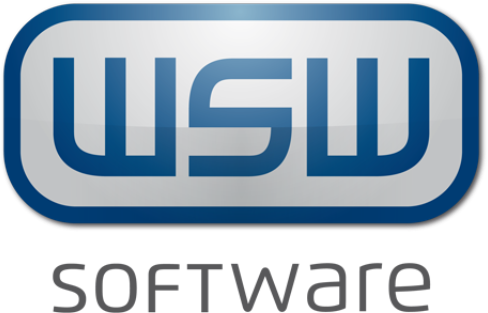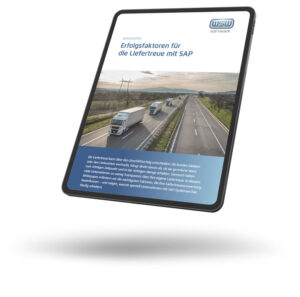Reference Report
High customs conformity and legal certainty in foreign trade
MAGNA automates preference processing with SAP-based add-on AVENIO (formerly SPEEDI)- worldwide roll-out
If there is a preferential agreement between the country of origin and the country of destination, companies can make a delivery duty-free or with preferential customs treatment. The processes are demanding and must be monitored regularly: from requesting and issuing long-term vendor declarations (LTVDs) to preference determination to the issuing of certificates. For the globally positioned industrial group MAGNA, preference processing is an important but also comprehensive set of topics in the field of customs and foreign trade.

MAGNA International Inc.
MAGNA International Inc., headquartered in Aurora, Canada, is one of the world's largest automotive suppliers with more than 168,000 employees at 348 production sites in 28 countries. Its core business is the development and production of parts, systems and modules for the automotive industry. MAGNA's global supply chain is a key competitive factor.
Many processes and IT systems in supply chain management have been standardized in recent years. MAGNA operates according to the basic principle "Think global, act local" - so too in IT: Individual sites are managed independently by the local IT departments. The central IT departments draw up overarching guidelines and prepare IT solutions that are then made available to all sites.
The challenge
Resolve manual preference determination outside SAP ERP
Easy handling for the employees
Maximum possible consideration of the MAGNA processes
Fast, reliable implementation
Integration with SAP ERP
Worldwide rollout
Ultimate goal: high legal certainty in international trade in goods
The solution - SAP-based add-on AVENIO (formerly SPEEDI)
AVENIO is a fully integrated solution platform for SAP ERP and SAP S/4HANA. AVENIO enables call-off, order, delivery, invoice and credit note processes to be individually automated, configured and parameterized quickly and easily. Especially for companies whose processes are integrated in the standard SAP ERP (SD, MM, FI-CO, GTS) are not sufficiently covered, AVENIO is a very good choice.
WSW's AVENIO platform now has approximately 1,400 preconfigured functions - processes, monitors, reports, forms - all release-compatible and seamlessly integratable with SAP ERP.
AVENIO is used worldwide by 350 companies in the automotive, electronics, manufacturing or retail industries.
Supported core processes
Requesting LTVDs from the supplier side
Preference determination
Customer issuance of LTVD
Download the reference report now!
What experiences have our customers had? Here you can get the complete reference report as a PDF file – to save, read and forward.

You want to know more about our services, products or have questions that our website could not answer? Then we look forward to talking to you!


